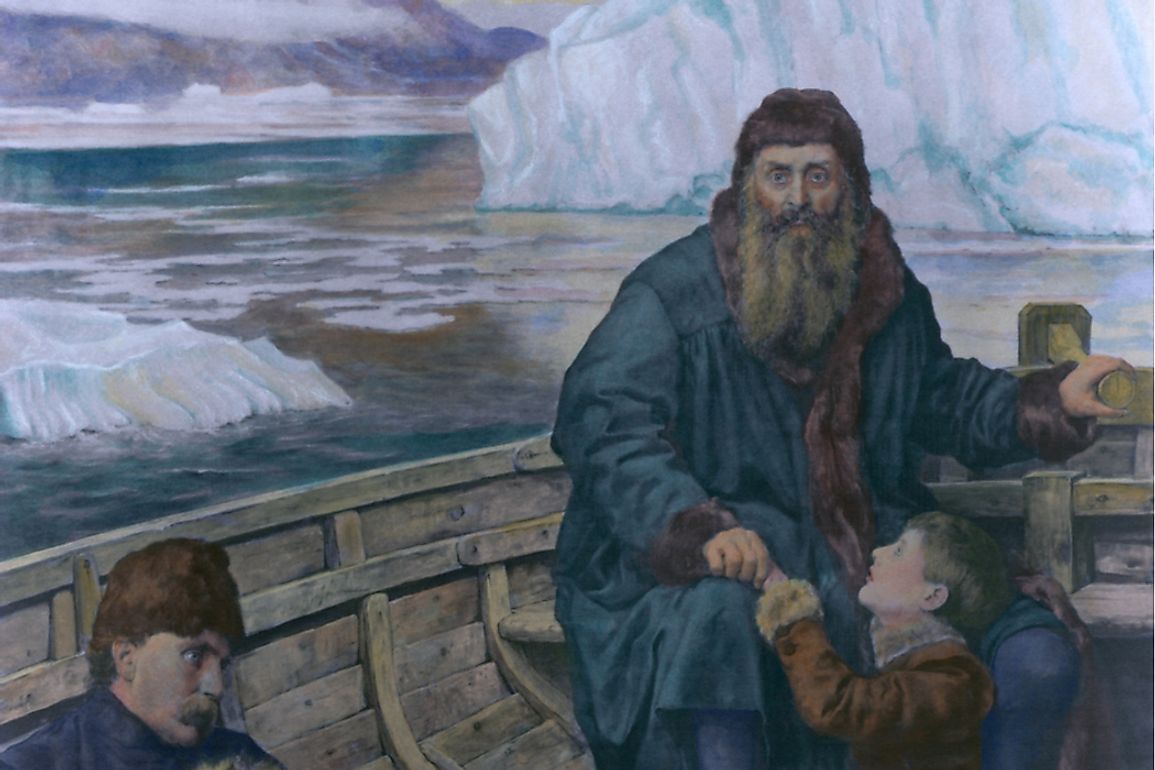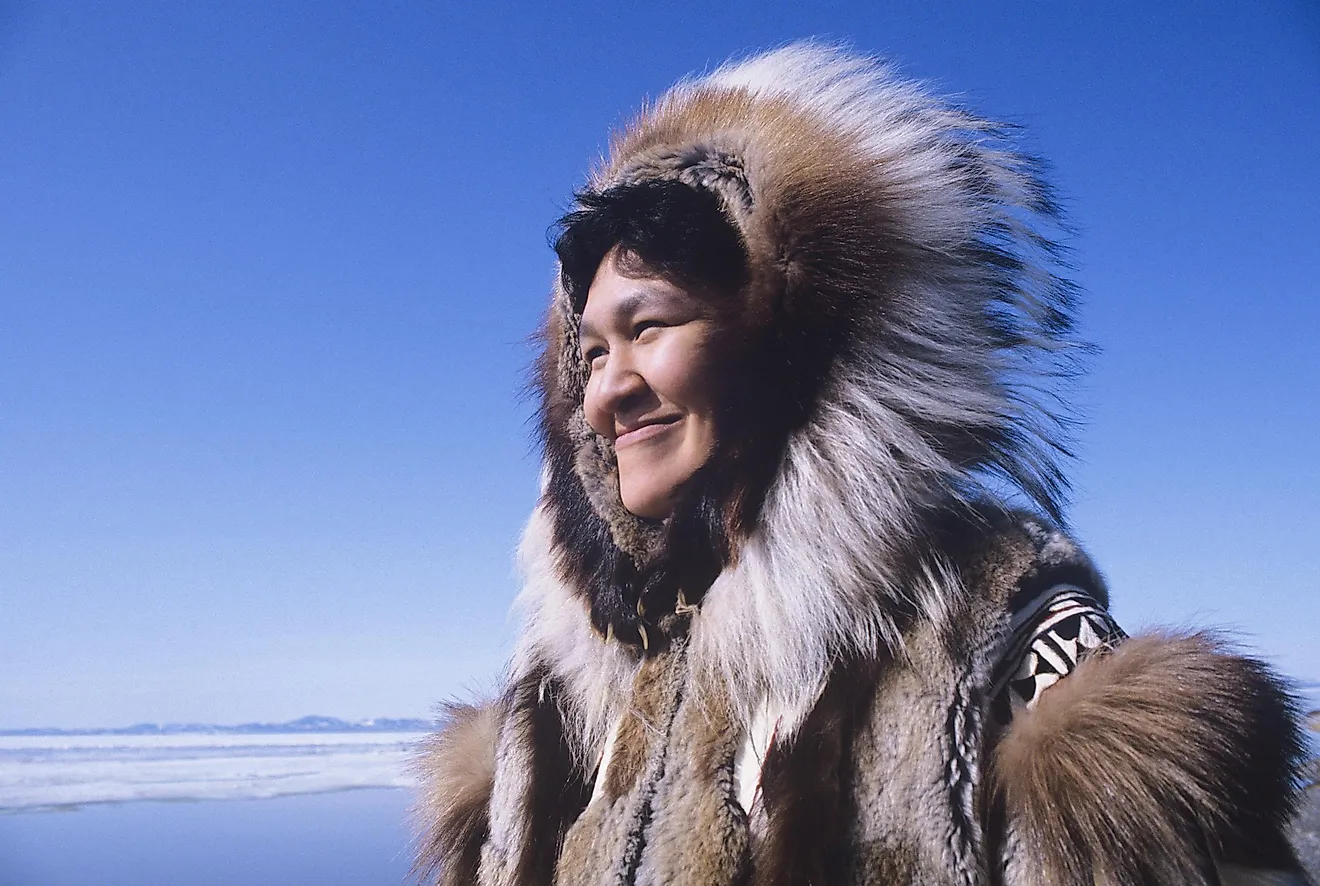Henry Hudson: Explorers of the World

5. Early Life
Henry Hudson was born on September 22nd, 1570 in England. His parents were wealthy merchants, and founding members of the Merchant Adventurers Company. This company was later renamed the Muscovy Company. Although little knowledge is known about Hudson's early years, coming from a wealthy merchant family, his early life would have been a privileged one, and he was likely well-educated. He would have been deeply learned in such academic matters as seamanship, astronomy, navigation, mathematics, and cartography. He would have applied his knowledge base to the seamanship necessary of him as he accompanied the voyages of his earlier life alongside his parents' company's maritime explorations. Later, he would go on to lead his own sea explorations with competence.
4. Career
Hudson's family and educational backgrounds naturally pushed his career in directions towards sea exploration from early on. Growing up in an atmosphere where the people his parents dealt business with were leading sailors and captains of the industry, it was a natural career move for him to make. Hudson's family approved of his seamanship from early on, and he probably never experienced opposition or problems in regards to his chosen career path. In fact, he easily headed his first expedition, approaching towards the North Pole, with his family's outright blessings. The only difficulties he probably encountered were natural weather disturbances during his many expeditions. It could be said that, initially, Hudson had it easy in terms of accessing his chosen career.
3. Discoveries
Hudson's greatest contributions to history came in his discoveries of new routes to North America. He also established new settlements in the New World as well. During his lifetime, Hudson commanded four large-scale expeditions. On these expeditions, he discovered many important places and features that were eventually named in his honor, such as the Hudson River, the Hudson Strait, Hudson County in New Jersey, and the town of Hudson in New York. The discovery of the Hudson Bay was especially important for the Hudson Bay Company in advancing their fur trade business, and gave many other traders the opportunity to reach most of the inland destinations in the wilds of Canada themselves as well. As an explorer, Hudson, gave other explorers the means to find the Northwest Passage, which he so wholeheartedly made his greatest career objective to find himself, utilizing his discovery of the Hudson Strait.
2. Challenges
During his expeditions, Hudson met many trials. In his first three expeditions, despite setting out in springtime, he encountered icy weather and thick ice that blocked these explorations’ further advancements. As a result, following the first time that this happened, he returned to England, and the second time, he detoured to look for a passage to the Pacific Ocean. On the third such instance, one of his crewmembers was killed by a Native American. His fellow native British compatriots were also miffed at him for working for the Dutch, and at one time even detained him for doing so. He was later released, and found an English company that decided to invest in another one of his expeditions. Unfortunately, this last expedition experienced a mutiny, which placed Hudson and his son vulnerably adrift at sea aboard a small boat.
1. Death and Legacy
The mutiny that occurred on Hudson's fourth expedition, aboard the Discovery, would ultimately be the event that would cost both him and his son's their respective lives, along with those of a few of his most loyal crew members. This sad conclusion to his life and career came to fruition on the date of June 22nd, 1611. The ship of his fourth voyage, guided along by the mutineers, reached London in October of the same year. The mutineers were tried, but ultimately found not guilty. Nobody ever heard from Hudson and his lost crew again nor knew of their exact fate, though it is generally accepted that they died at sea amidst the icy waters. The legacy he left to the world lay in his discoveries, which helped other explorers of his day and those to come to continue to discover more new sea routes themselves. Historians and popular opinion today remember Hudson as an explorer with great fortitude. Although he failed in finding the legendary ‘Northwest Passage’ route to the east, Hudson started a renewal of a more vigorous interest in exploring the cold expanses of the North American waters and land masses of the Far North.











